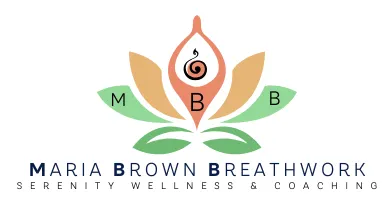Serenity Wellness & Coaching Services, LLC



Why Breathwork?
Reduce Stress & Anxiety
Improve Sleep & Energy Levels
Emotional Healing & Trauma Release
Enhance Focus & Mental Clarity
Deepen Spiritual Connection & Self-Discovery.
Harness the Pharmacy Within.
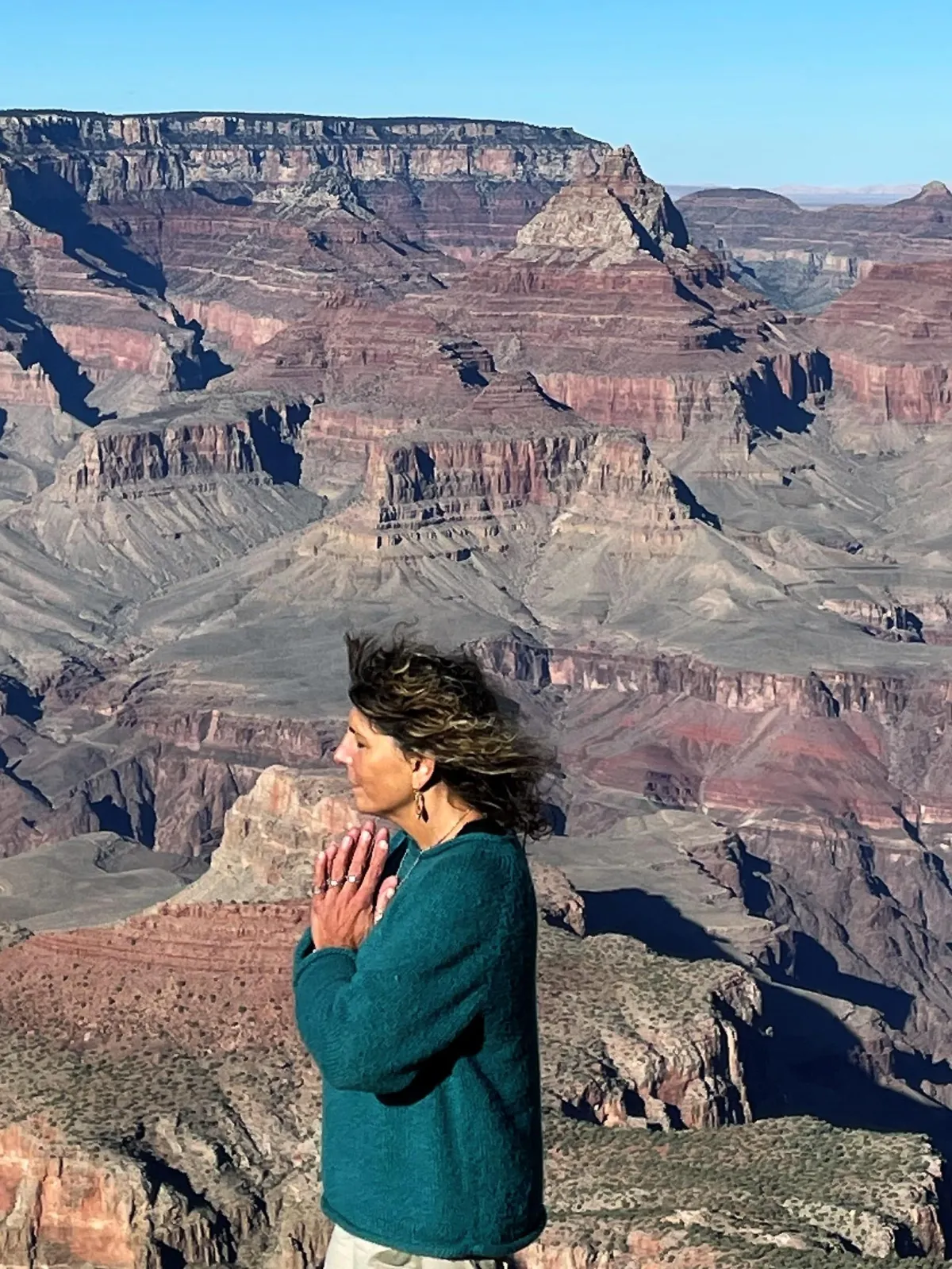
Passionately committed to guiding you in building a holistic life & business of wellness, purpose, and dynamic balance through the transformative power of your breath & flow state
Unlock your True Potential
Body-Mind-Spirit

Body & Mind Balance

Breathwork Practice

Meditation Practice

Creative Wellness
Programs & Classes
WHAT CALLS TO YOU?
GOLD Members receive 50% off of most in-person and all online classes and 20 % off of all retreats (original pricing)
This site is currently under reconstruction
ONLINE CLASSES
Breathwork & Breathe & Create
2025 Retreats
This site is currently under reconstruction
Certification Programs
Pre-Certification & Certification
Coaching Programs
Aligned Living & Wealth Accelerator
This site is currently under reconstruction
Artwork & Photography for Sale
Become A Gold Member
GOLD Members receive 50% off of most in-person and all online
classes and 20 % off of all retreats (original pricing)

About Maria Brown, MS
I'm Maria Brown, M.S., PWS, GISP
—a certified SOMA Breath Neurosomatic Breath Advanced Therapy Specialist and Transformational Creative Wellness Coach. From my home in the tranquil town of Warrensburg, NY—nestled in the Adirondack Mountains—I guide others on journeys of deep healing and personal transformation.
My path began in the environmental sciences as a restoration ecologist, wetland scientist, geologist, geospatial analyst, and educator. After 10 years in the environmental consulting industry, I dedicated over two decades to teaching high school and university-level science, nurturing young minds while raising my own twins. But a profound personal transformation began in 2020, during a time of immense grief from an incident with my son leading to severe PTSD and soul-searching.
What began as heartbreak evolved into healing after attending a Qoya retreat and experiencing my first trauma-informed breathwork & immersive sound healing
session in Sedona. That moment cracked me open to peace, joy, and a deep inner calling. Soon after, I left my teaching career earlier than anticipated to dedicate myself fully to holistic healing practices.
As I began building my own business and stepping into a new identity as a solopreneur, I realized in 2023 that the same tools that had helped me recover from PTSD—breathwork, sound, nature, movement, meditation, and art—were now helping me navigate the pressures of entrepreneurship. I was on the verge of burnout, overwhelmed by doing everything alone, when I slowed down and returned to these practices. They didn’t just heal me—they helped me expand my business with clarity, energy, and ease
, showing me that true success comes from alignment, not hustle.
This approach became what I now call Creative Wellness—an integrative, science-backed modality that blends breathwork, meditation, intuitive art, sound healing, and movement to regulate the nervous system and create lasting change. These practices directly impact your biochemistry and hormones, reducing cortisol (stress hormone), increasing oxytocin and dopamine (feel-good hormones), and supporting the production of serotonin and melatonin for better mood and sleep. They also engage the brain in a way that forms new neural pathways, allowing for emotional resilience, mental clarity, and sustained focus.
Today, I support others through 1:1 coaching, online programs, and immersive retreats—helping them reconnect to their breath, their creativity, and their inner peace. Whether you're recovering from trauma, facing burnout, or seeking purpose and expansion, these tools can help you realign and transform your life and business from the inside out.
I believe in slowing down to tune in, creating space for healing, and finding peace in the pause. It’s my deepest honor to walk beside you on your sacred path to self-discovery, resilience, renewal, and expansion.

Breathe & Paint at a Glance
Certified Fall 2005
Lorem ipsum dolor sit amet, consectetur adipiscing elit. Praesent ac fringilla elit. In sit amet convallis eros. Curabitur finibus augue non varius placerat. Vestibulum rhoncus dui at mauris mollis, quis accumsan dui suscipit. Proin non arcu ultrices, efficitur ipsum sed, ultricies nisi. Nullam maximus risus sit amet imperdiet hendrerit.
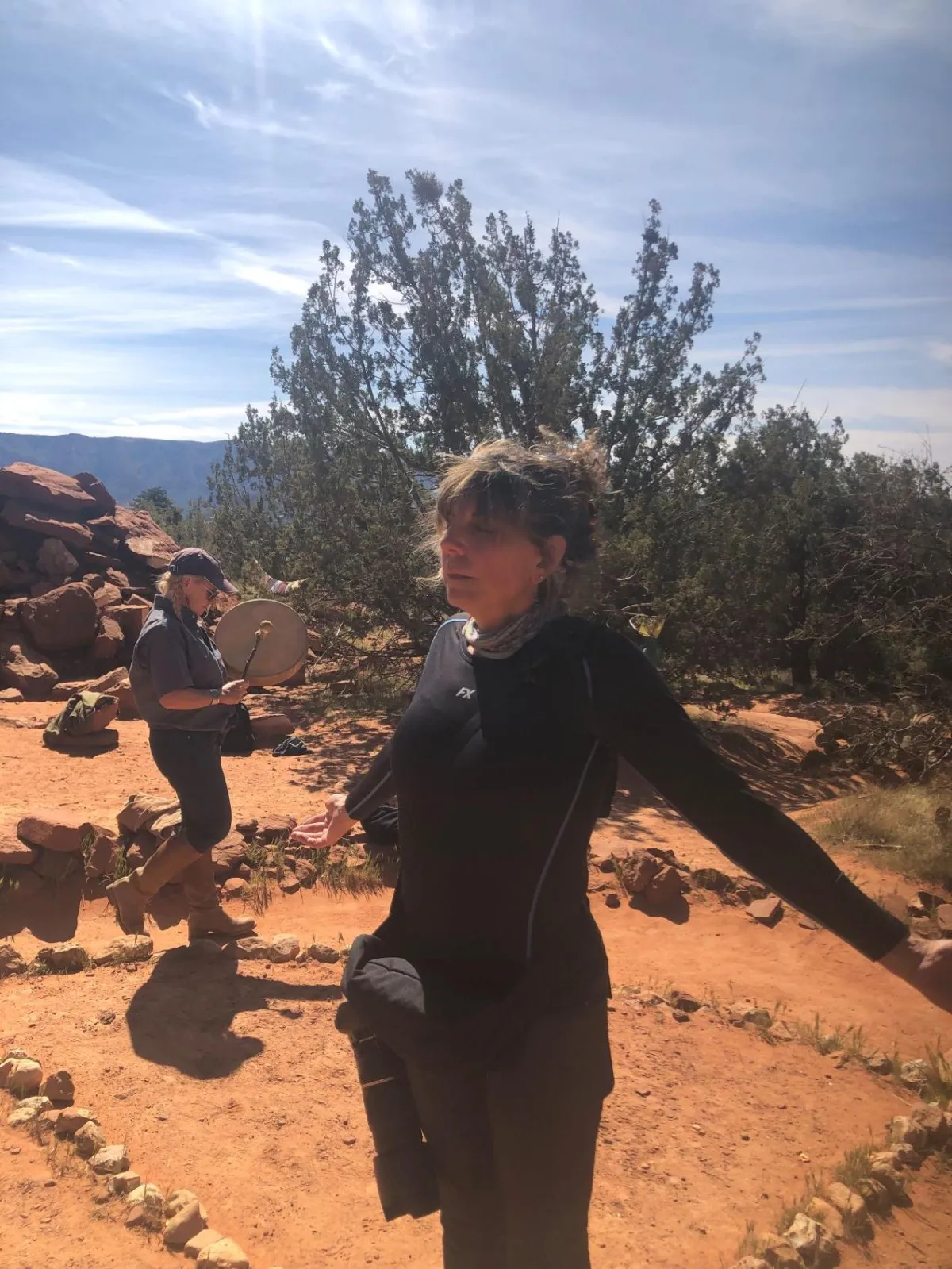
Maria Brown, MS, GISP, PWS
Certified SOMA Breath Advanced Neurosomatic Breath Therapy Specialist & Creative Wellness Coach
Maria....
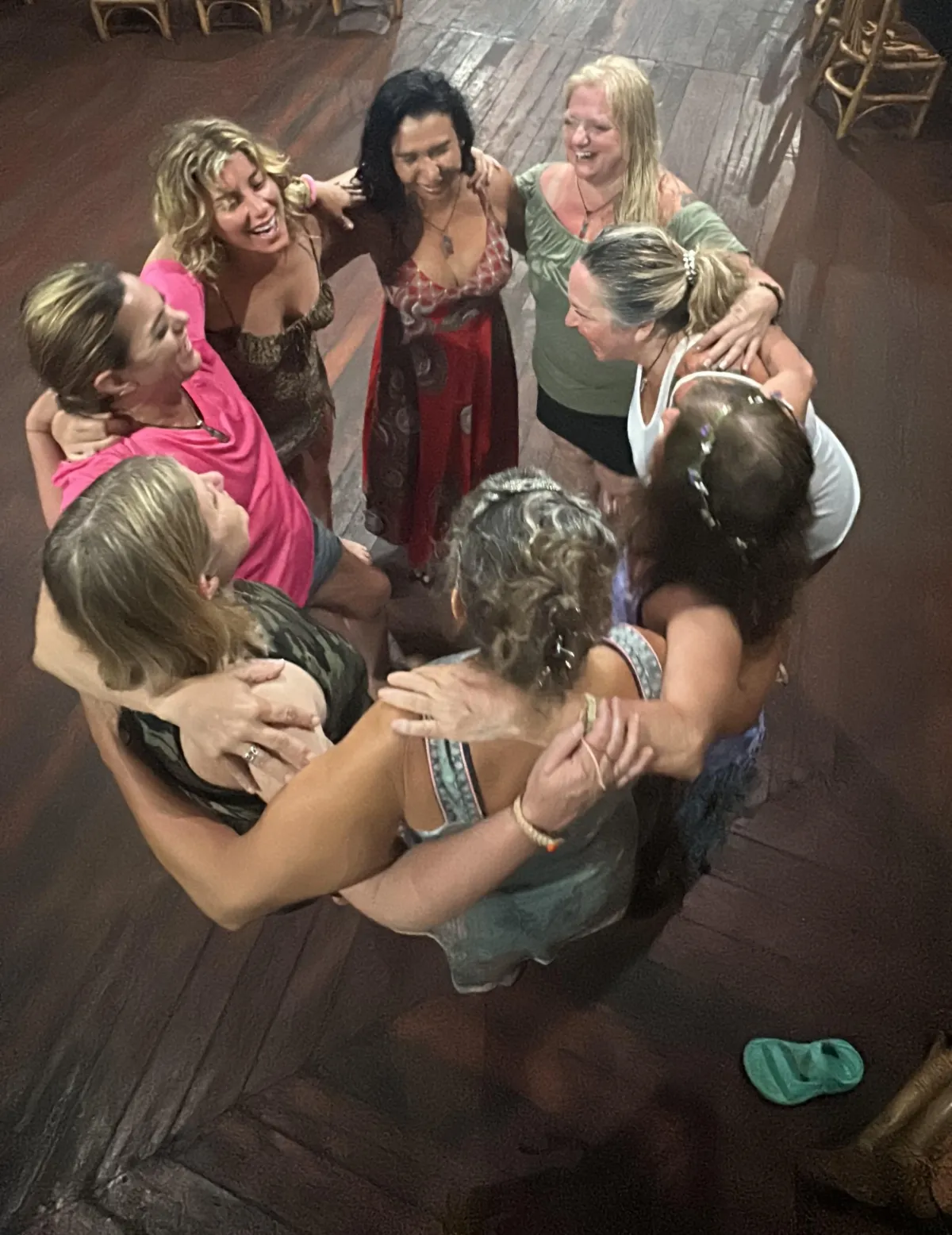
Retreats at a Glance
Certified Fall 1997
Lorem ipsum dolor sit amet, consectetur adipiscing elit. Praesent ac fringilla elit. In sit amet convallis eros. Curabitur finibus augue non varius placerat. Vestibulum rhoncus dui at mauris mollis, quis accumsan dui suscipit. Proin non arcu ultrices, efficitur ipsum sed, ultricies nisi. Nullam maximus risus sit amet imperdiet hendrerit.
Our Media

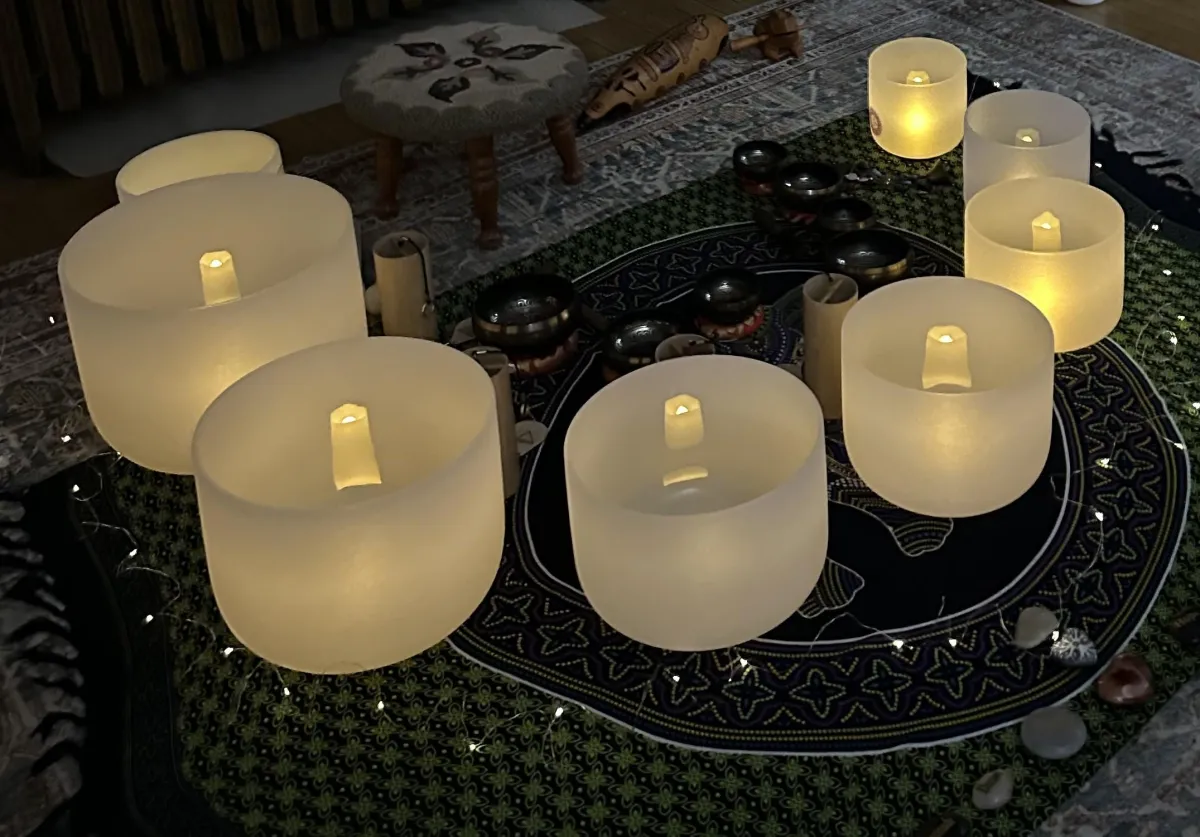
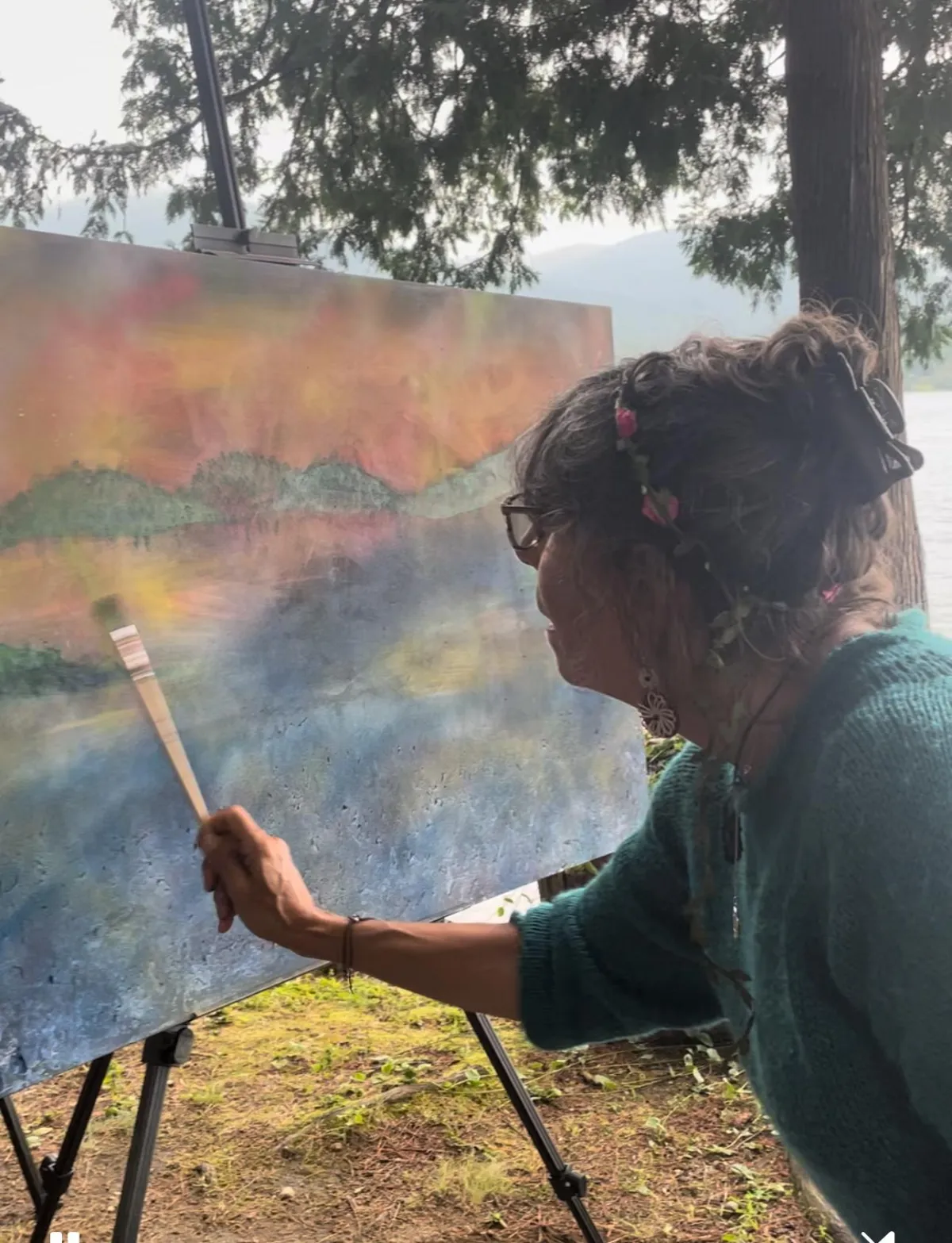

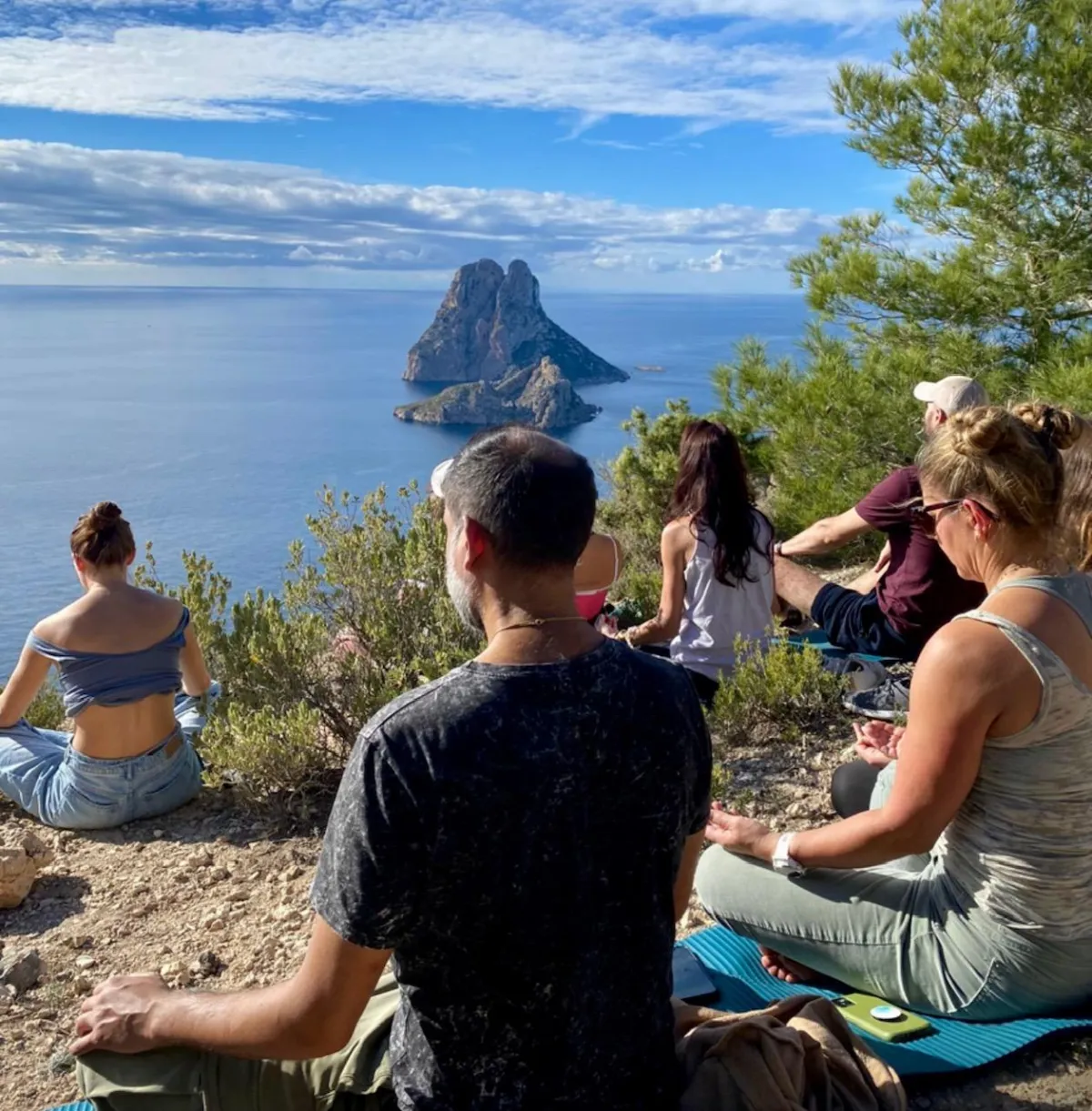
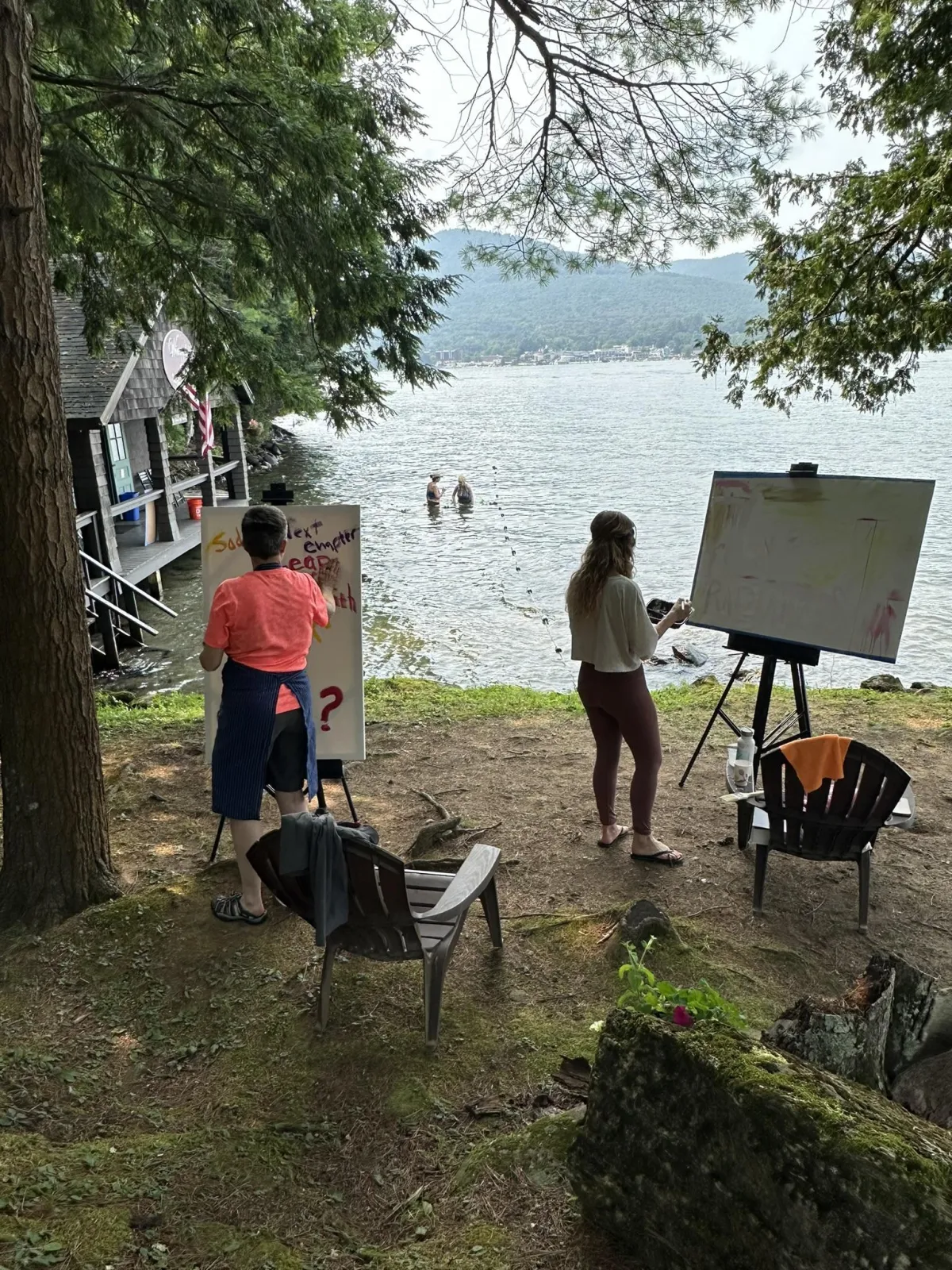
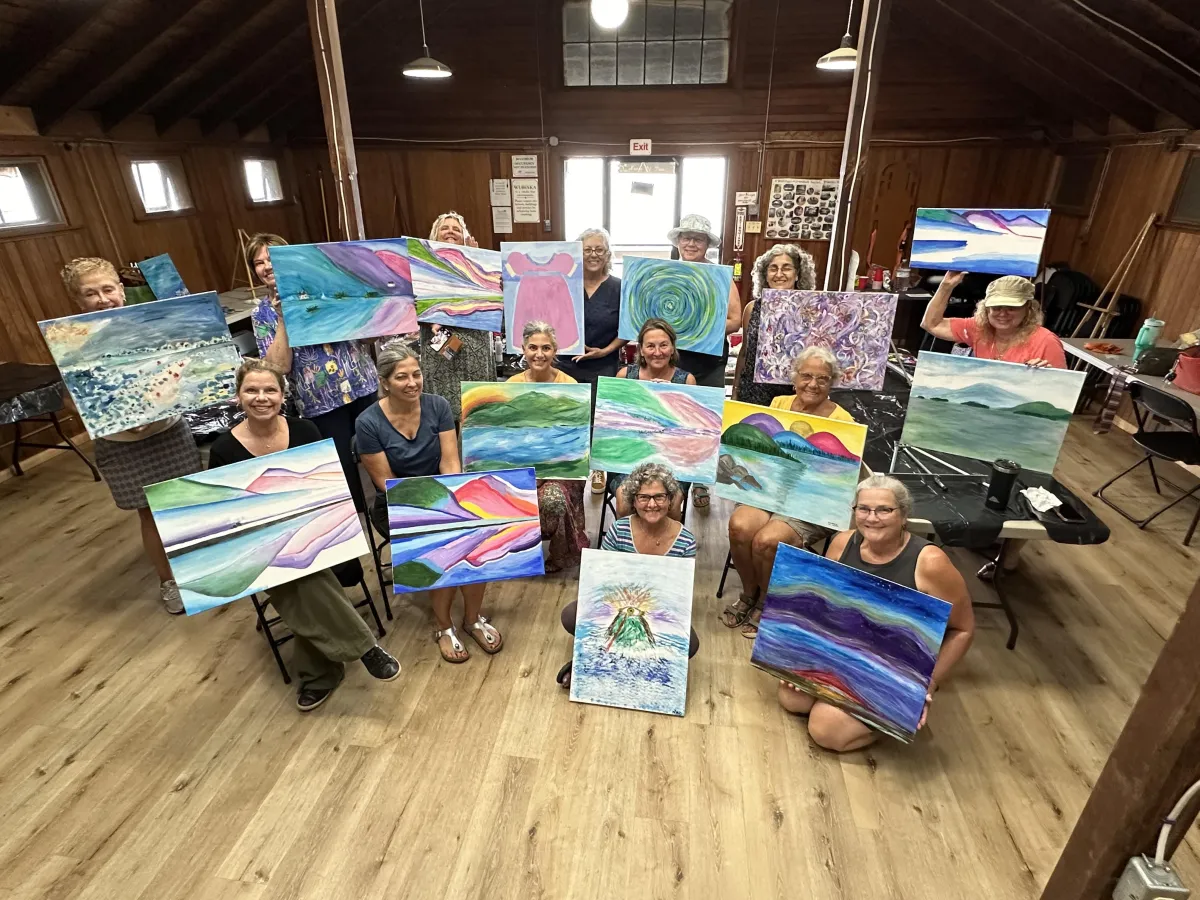
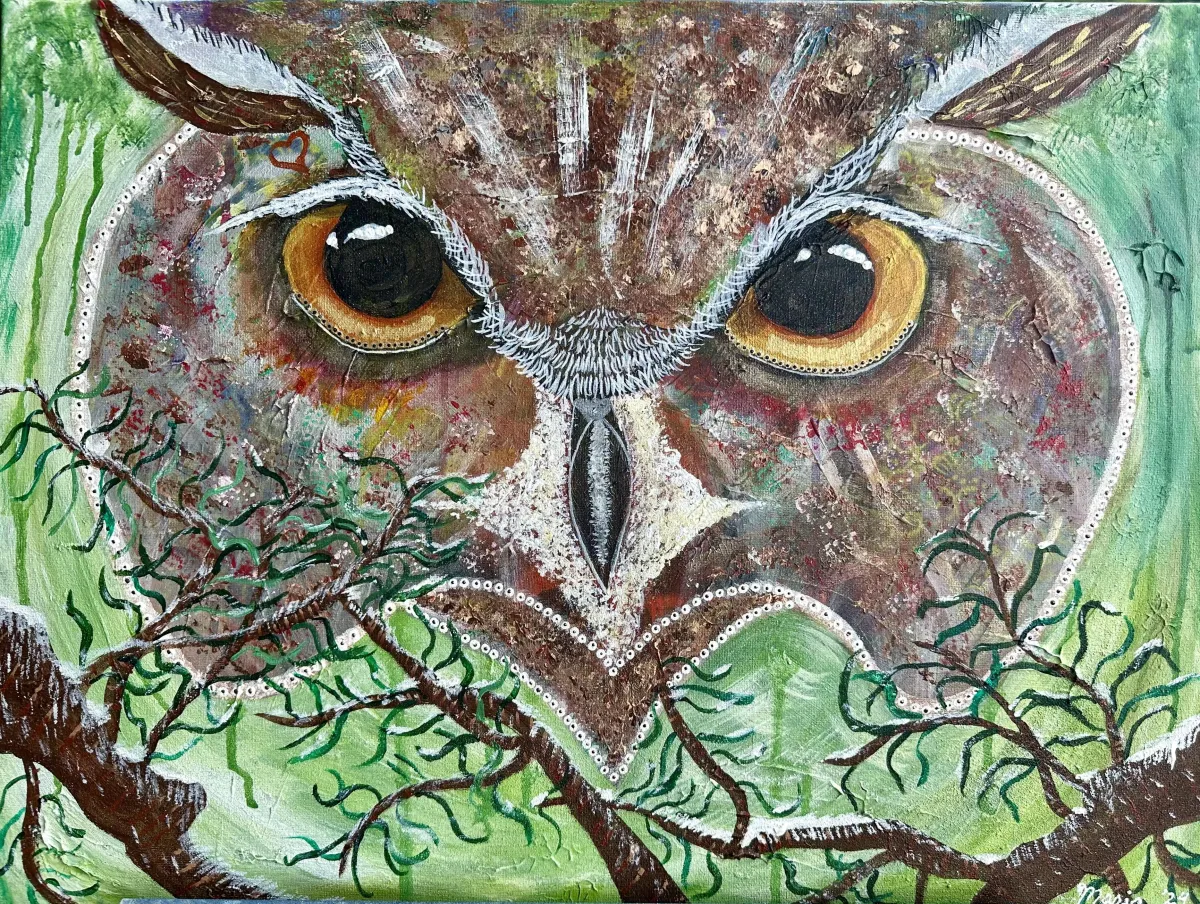
Copyright Serenity Wellness & Coaching Services. Privacy Policy. Terms & Condition. All Right Reserved
